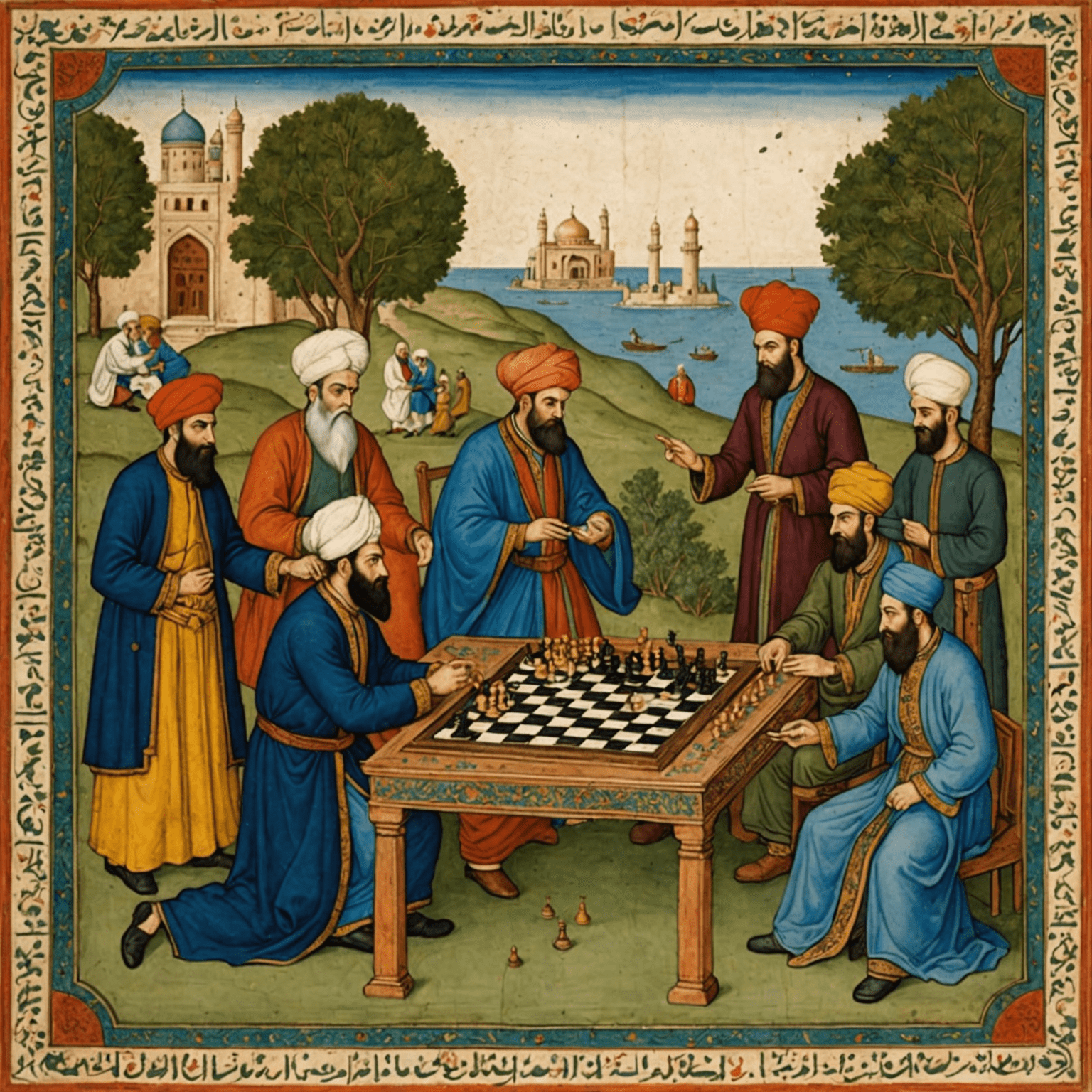The History of Chess: From Ancient India to Modern Tournaments

Chess, one of the most intellectually stimulating board games, has a rich history spanning over 1500 years. Its journey from ancient India to modern-day international tournaments is a testament to its enduring appeal and complexity.
Origins in Ancient India
The precursor to modern chess, known as Chaturanga, originated in India around the 6th century AD. This early version was played on a 64-square board, much like today's chess, but with slightly different pieces representing elements of the Indian army.
Spread to Persia and the Islamic World
As trade routes expanded, so did the reach of chess. The game made its way to Persia, where it was known as Shatranj. Here, it gained popularity among nobility and scholars, further refining its rules and strategies.

Introduction to Europe
Chess arrived in Europe through the Moorish conquest of Spain and the trade routes of the Mediterranean. By the 11th century, it had spread throughout the continent, becoming a favorite pastime of the European nobility.
Evolution of Modern Chess
The game underwent significant changes in Europe. By the 15th century, the queen had become the most powerful piece on the board, reflecting societal changes and the influence of powerful female monarchs like Isabella of Castile.
Standardization and Global Popularity
The 19th century saw the standardization of chess rules and the emergence of chess clubs and tournaments. The first official World Chess Championship was held in 1886, marking the beginning of chess as a competitive sport.

Chess in the Digital Age
The advent of computers brought new dimensions to chess. In 1997, IBM's Deep Blue defeated world champion Garry Kasparov, marking a milestone in artificial intelligence. Today, chess engines and online platforms have made the game more accessible than ever.
Modern Tournaments and Global Recognition
Chess continues to captivate minds worldwide. International tournaments like the Chess Olympiad bring together players from over 180 countries, showcasing the game's universal appeal. The World Chess Championship remains one of the most prestigious titles in the world of board games.
From its humble beginnings in India to its current status as a globally recognized game of logic and strategy, chess has truly stood the test of time. Its rich history and continuous evolution make it not just a game, but a cultural phenomenon that bridges continents and generations.